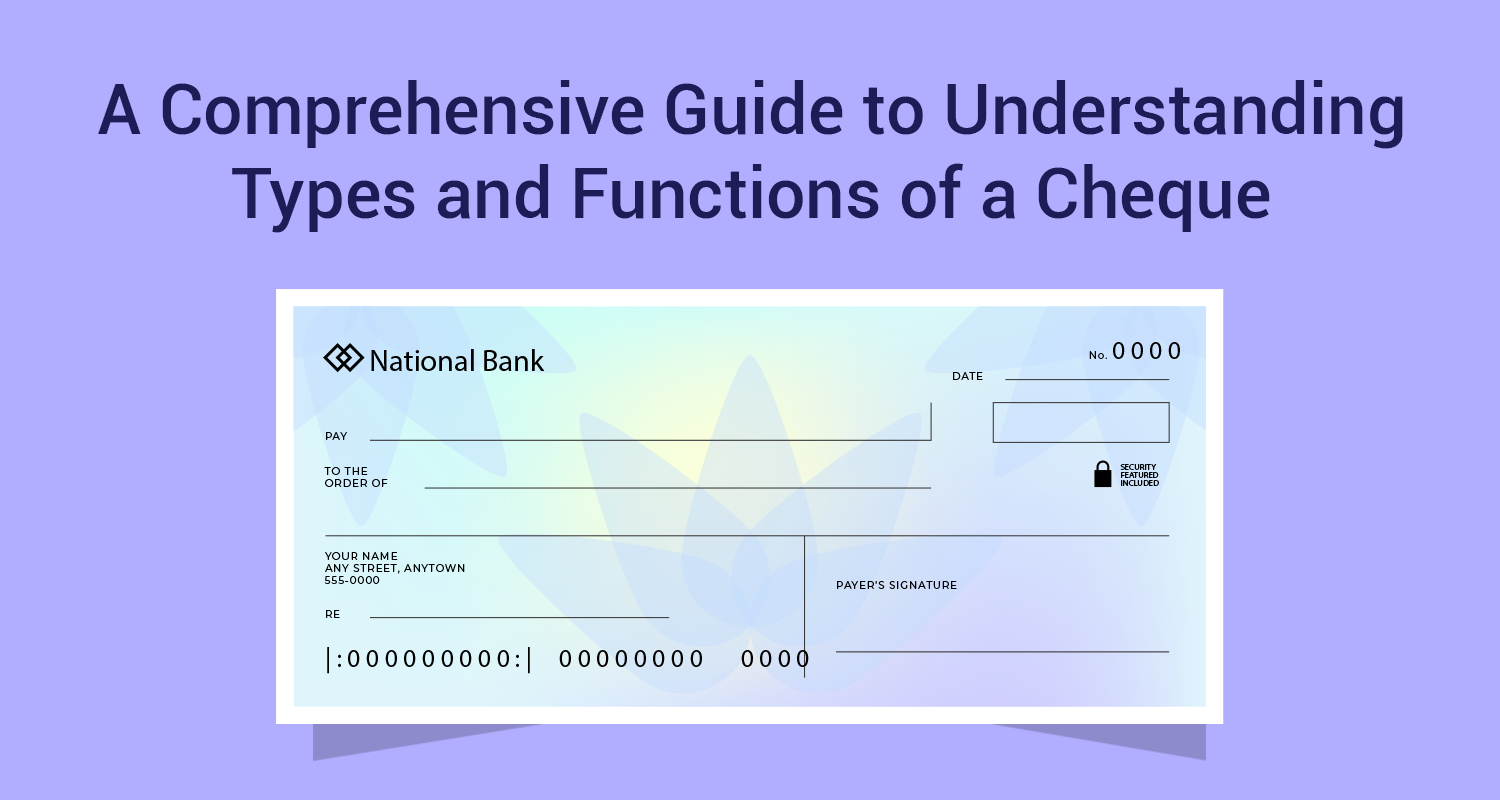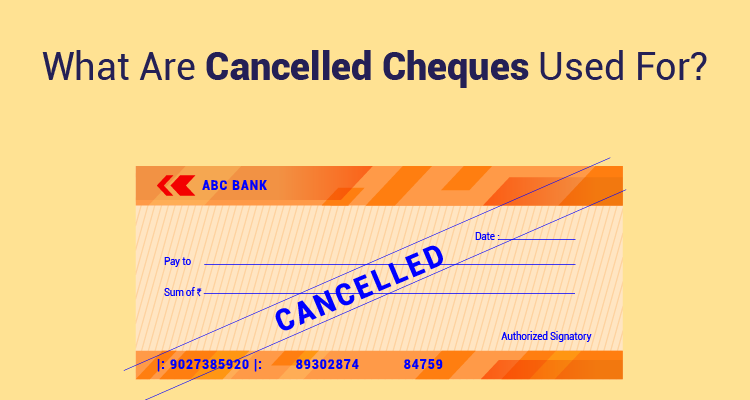What Is An Index Fund And How Do I Invest In An Index Fund?

An index fund is a passive mutual fund that invests in the components of an index. Index funds can be based on the major index or minor indices. For example, in India, we have index funds that are indexed to the Nifty, Sensex and also to the NSE Next-50 index. The basic idea of an index fund is to not take on any specific risk of stock selection. You are happy as long as you get returns that are at par with an index.

As an investor, you can buy index funds like any other mutual fund. You can either buy funds through your broker or through your online trading account. An index fund is like any other mutual fund, except that it does not spend time on stock selection. It just creates a portfolio that mirrors the index. What drives you to an index fund?
You Want To Keep Your Total Expense Ratio (TER) LowIn his 2017 AGM, Warren Buffett specifically lauded the role of John Bogle of Vanguard in creating wealth for retail investors. Vanguard is a world leader in index funds and they enhance returns by keeping their costs very low. Even in the Indian context, the typical diversified equity fund has a TER of 2.5% while the index fund has a TER of less than 1%. This difference of 1.5% per annum offers a huge advantage to index fund investors when fund managers are struggling to generate alpha in the stock markets.
Satisfied With Index Returns; Then Index Funds Are The AnswerIf you look over a longer time frame, indices have not done too badly. The BSE Sensex has multiplied nearly 350 times in the last 38 years while the Nifty has appreciated 11 times in the last 20 years. That is healthy returns and that is what you can get if you invest in an index fund. Additionally, since the TER is very low, it gives you an added advantage in the case of net returns on the fund. Indices reflect the macro story and since macros still drive market returns in the Indian context, index funds can give that spread over other investment classes.
You Donât Want Your Fund Manager To Sit On CashYour logic is quite clear. You have given money to your fund manager to invest and not to hold as cash. That is what most diversified equity fund managers do. Some funds have gone as high as 12-14% in cash. Either they are waiting for better opportunities or they are expecting more redemption pressure. That is where index funds differ. There is no question of stock selection. The fund manager has to just ensure that the portfolio of the fund mirrors the portfolio of the index. The focus is just on managing the tracking error of the index fund. Thus an index fund hardly sits on cash beyond the bare minimum level. Higher cash causes tracking error and that is a problem. That is why most index funds will be fully invested at any point in time.
Are You Only Keen On Taking Market Risk?There are two types of risks that investors take in the market. There is the systematic risk which is the macro risk stemming from variables like inflation, GDP growth, interest rates, geopolitical risk etc. You cannot get rid of this risk. The beauty of index funds is that they have only this systematic risk in their funds. On the other hand, diversified equity funds run other risks like company specific risk, concentration risk, sectoral risk, thematic risk etc. If you are not keen to take on that additional risk then index funds are your best bet. In an index fund, you only take on the market risk and leave out the company-specific risk. Your returns may be lower but that is compensated by lower expense ratio.
You Want To Play the Macros More Than The MicrosMost global institutional investors put their money in India because the economy offers a huge opportunity. The GDP is growing at 7%, industrial growth is picking up, consumer spending is increasing and India has a huge demographic dividend in the form of a young population. The good thing is that all these advantages of investing in India can be played through an index fund. For example, between 2003 when the capital cycle bottomed out and 2008 when the sub-prime crisis broke out, the index had given returns to the tune of nearly 600%. The message is that macro trends can be best captured by the index and therefore by index funds.
Disclaimer : The information in this blog is for general purposes only and may change without notice. It does not constitute legal, tax, or financial advice. Readers should seek professional guidance and make decisions at their own discretion. IIFL Finance is not liable for any reliance on this content. Read more



